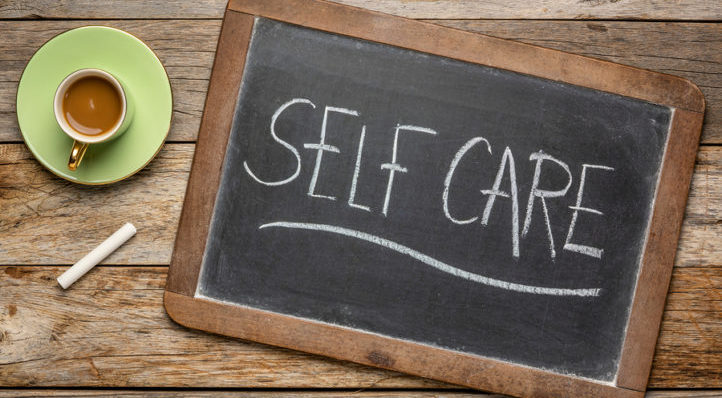The Australian Small Business and Family Enterprise Ombudsman, Bruce Billson, has urged small business owners to take time early in the new year to look after their mental health and financial wellbeing.
“When you own a small business, it is just as important to spend time working on your business as it is to spend time working in your business,” Billson said. “Too often the daily quest to keep the doors open and manage the many immediate demands prevents time being spent thinking about the health, future and goals of your business. And for that matter, your own health.
“That’s why it is vital those running or managing a small business look after their mental and financial wellbeing,” Billson added. “Sometimes it can be as simple as making time to pause, reflect and reconnect.”
The reminder comes in light of recent research by the Treasury which reported that one in five small-business owners have been diagnosed with a mental health condition by a doctor or health professional.
The research also noted that a key cause of stress for small-business owners was finding a balance between the demands of work, family and personal life in the post-COVID environment. Other top issues causing stress were: worries on ongoing profitability and survival of the business; maintaining cashflow; difficulties accessing government information and small business support; accessing or maintaining affordable finance; receiving payments on time; and developing knowledge and skills to cope with a changing business environment.
It also revealed that small-business owners feel acute pressure to ‘do it all’ and to keep up the appearance of being fine even when they were struggling with their mental health and wellbeing because they feel others like family, business partners, employees, and suppliers are depending on them. Underlining this issue is the fact that 58 per cent of respondents said that they would not consider turning to a doctor or mental health professional for help, even though 37 per cent felt more comfortable talking about their mental health since COVID.
Given the data, Billson urged small-business owners anew to take advantage of the many free support services provided by small-business experts. He also said it was important that policymakers, program designers and regulators understand that a time-poor small business does not have the same bandwidth as a big business.
“A small business isn’t a shrink-wrapped version of a big one,” Billson stressed. “They don’t have a slightly smaller HR department. There isn’t a smaller team of compliance people running around. No one got into business for the ‘back end’ of running the business. It’s unrelenting obligations and duties, and typically it is one person doing everything after-hours.”
Billson added that while many small-business owners had ended 2022 feeling exhausted and were apprehensive about the economic outlook, he was inspired by their entrepreneurship and capacity to lift the nation.
“We should not forget just how vital small and family businesses are. After the global financial crisis, the bulk of new job growth was driven by small businesses. The same can be true now,” Billson said. “Small-business leaders are innovators, producing new ways of delighting customers and new ways of creating wealth and opportunity. They should have the wind in their sails, not the wind in their face.”















